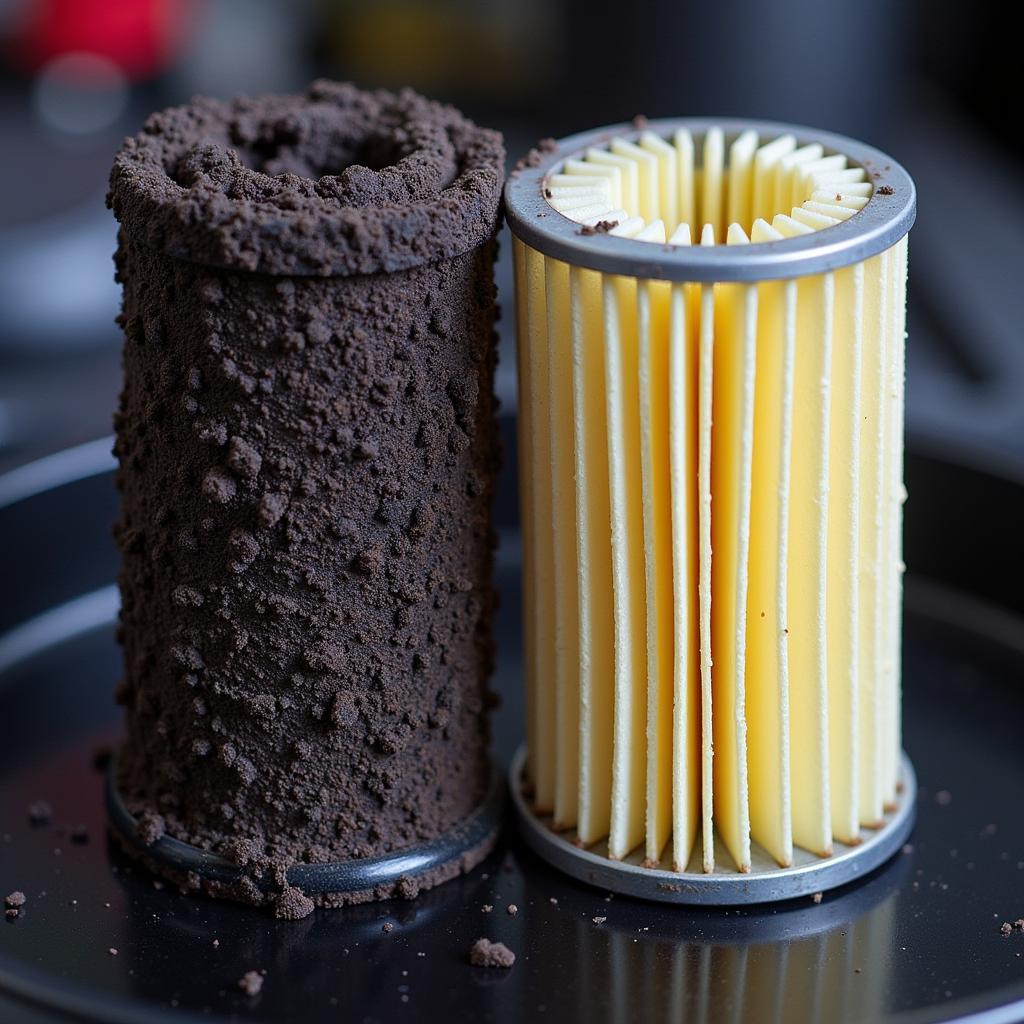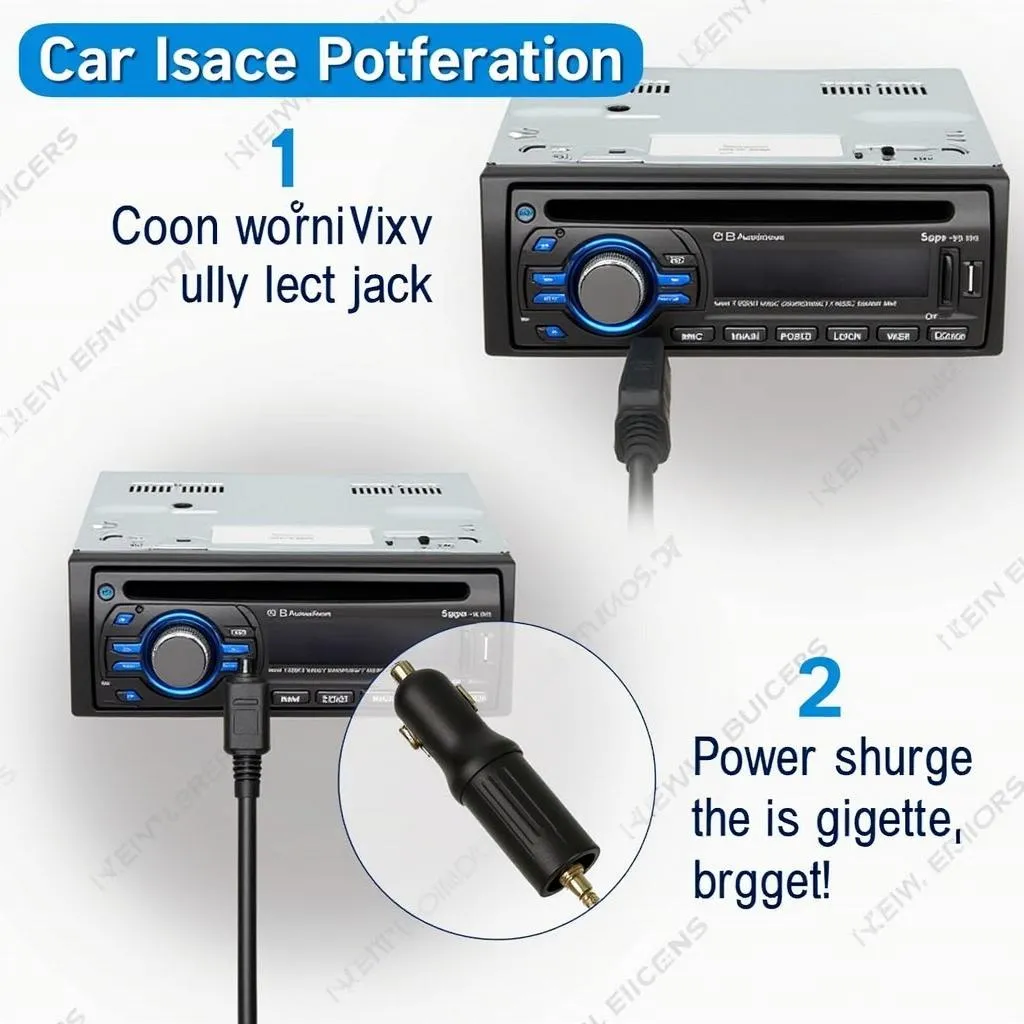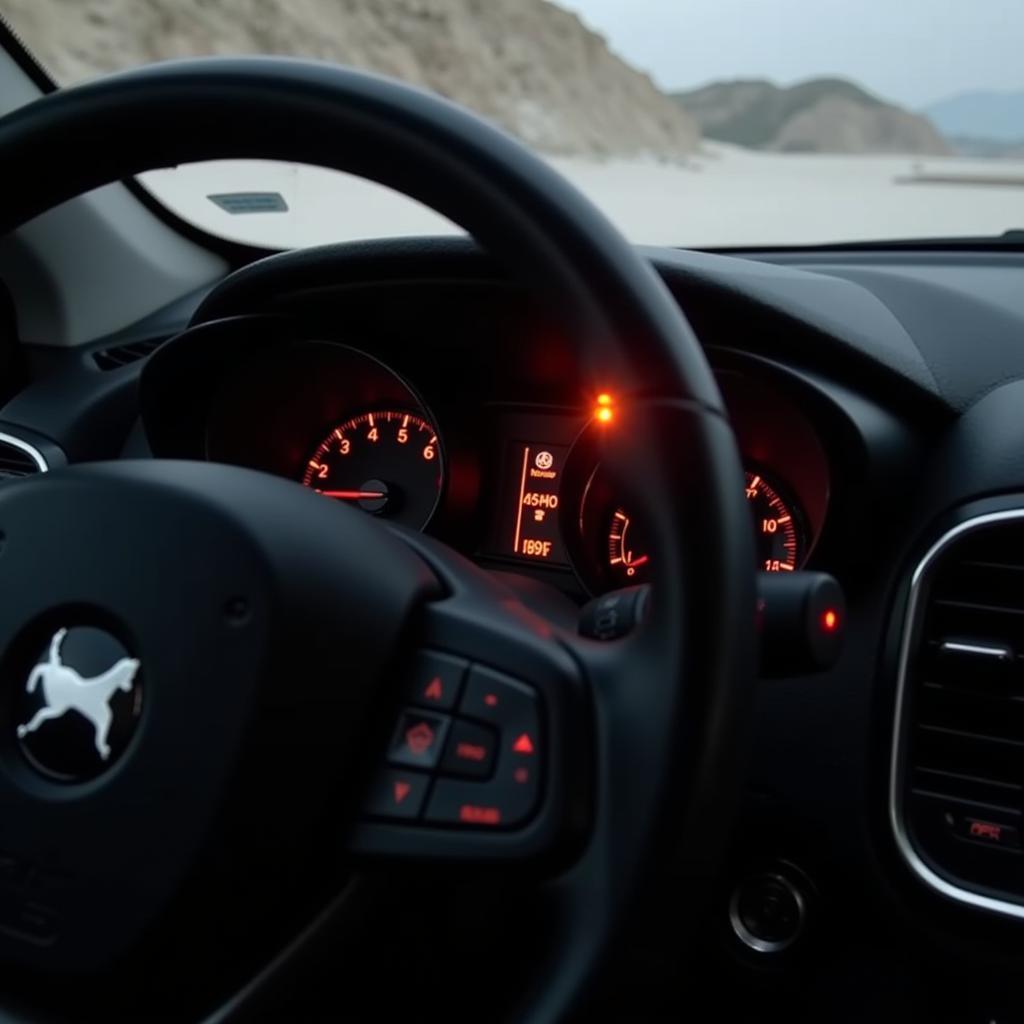Your car won’t start, but the battery isn’t dead? This frustrating situation is more common than you think, and thankfully, there are several potential causes that are often easily diagnosed and fixed. This comprehensive guide will walk you through the most likely culprits and help you get back on the road.
Common Reasons Your Car Won’t Start (Even with a Good Battery)
There are numerous reasons why a car might refuse to start even with a fully charged battery. We’ll explore these issues, from simple checks to more complex problems, empowering you to troubleshoot effectively.
Starter Motor Issues
The starter motor is responsible for cranking your engine. If it’s faulty, your car won’t start. A clicking sound when you turn the key is a classic sign of a starter motor problem. It could be a bad solenoid, worn-out brushes, or a failing motor itself.
Ignition System Problems
The ignition system provides the spark that ignites the fuel in the engine. A faulty ignition switch, ignition coil, or spark plugs can prevent the engine from starting. Symptoms might include a lack of spark or a weak spark.
Fuel System Problems
If fuel isn’t reaching the engine, it won’t start. This could be due to a clogged fuel filter, a malfunctioning fuel pump, or a faulty fuel injector. Listen for the fuel pump priming when you turn the key to the “on” position. If you don’t hear it, the fuel pump might be the issue.
 Clogged Car Fuel Filter
Clogged Car Fuel Filter
Security System Malfunction
Modern cars have sophisticated anti-theft systems. Sometimes, these systems can malfunction and prevent the car from starting. This might happen if the key fob battery is dead or if the system isn’t recognizing the key.
Other Electrical Issues
A blown fuse, a corroded connection, or a wiring problem can also prevent the car from starting. These issues can be difficult to diagnose without a multimeter or specialized diagnostic equipment.
How to Diagnose “Car Won’t Start But Battery Isn’t Dead”
Now let’s delve into the step-by-step process of diagnosing why your car won’t start.
-
Check the Obvious: Make sure the car is in park (or neutral for manual transmissions) and the steering wheel isn’t locked.
-
Listen Carefully: When you turn the key, pay attention to any sounds. Clicking sounds usually point to the starter motor. No sound might indicate an electrical or security system issue.
-
Inspect the Dashboard: Check for any warning lights related to the engine, security system, or other relevant systems.
-
Test the Starter Motor: If you suspect the starter motor, try tapping it gently with a hammer or wrench. This can sometimes temporarily fix a sticking solenoid.
-
Check the Fuel Pump: Listen for the fuel pump priming when you turn the key to the “on” position. If you don’t hear it, the fuel pump might be faulty.
-
Inspect the Spark Plugs: Remove a spark plug and check for spark. If there’s no spark, the issue could be with the ignition system.
Remote Diagnostics and Software Solutions
In some cases, remote diagnostics and software solutions can be employed to pinpoint the issue without physical inspection. These services can be particularly helpful for diagnosing complex electrical or electronic problems.
“Remote diagnostics are becoming increasingly important in the automotive industry,” says John Smith, Senior Automotive Electrical Engineer at Acme Auto Solutions. “They allow us to quickly and efficiently diagnose problems, often saving the customer time and money.”
Conclusion
A car that won’t start but has a good battery can be a perplexing problem. However, by systematically checking the common culprits outlined in this guide, you can often identify the issue and get your car running again. If you’re still unable to diagnose the problem, it’s best to consult a qualified mechanic. Remember, remote diagnostics can often expedite the troubleshooting process, especially for complex electrical issues.
FAQ
-
Could a bad alternator cause my car not to start even with a good battery? While a bad alternator won’t prevent the car from starting initially, it could drain the battery after the car has been running, leading to future starting problems.
-
What should I do if my car won’t start and I hear a clicking sound? A clicking sound often indicates a problem with the starter motor.
-
Can extreme temperatures affect my car’s ability to start? Yes, extreme cold or heat can affect the battery and other components, making it harder for the car to start.
-
Is it safe to try jump-starting my car if it won’t start? Yes, jump-starting is generally safe if done correctly. However, it’s important to follow the correct procedure to avoid damage to the electrical system.
-
How often should I have my car’s battery and electrical system checked? It’s a good idea to have your battery and electrical system checked annually, or more frequently if you experience any starting problems.
-
What are some signs of a failing ignition system? Signs of a failing ignition system can include difficulty starting, misfiring, rough idling, and decreased fuel efficiency.
-
How can I prevent future starting problems? Regular maintenance, including battery checks, spark plug replacements, and fuel system cleaning, can help prevent future starting problems.



